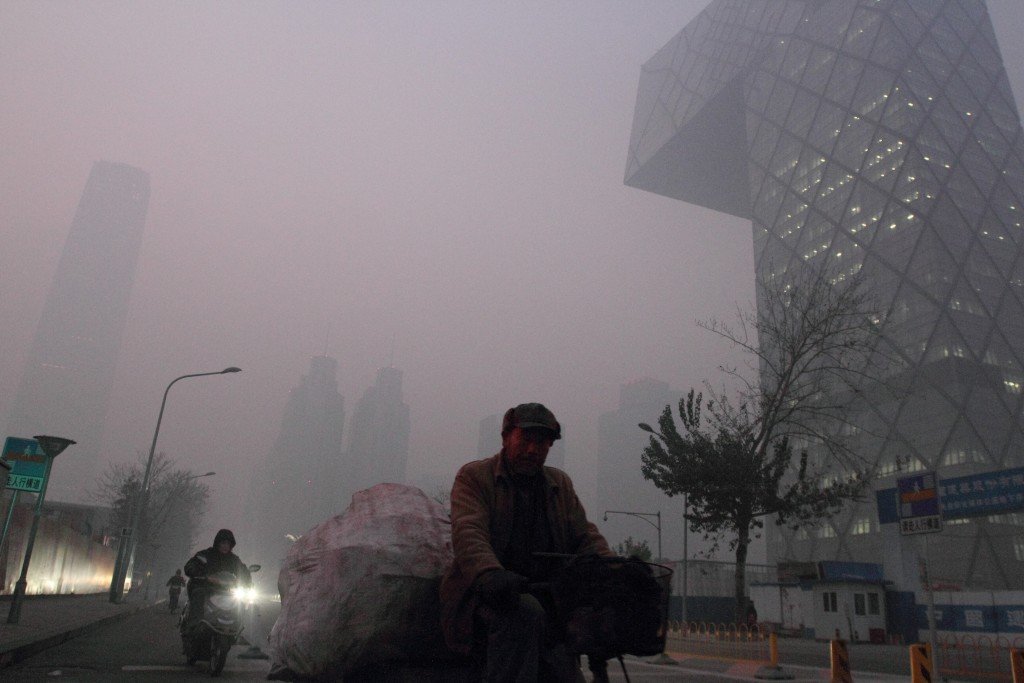China has passed curious new legislation amending the nation’s Air Pollution Control Law (APCL) by adding restrictions to various forms of smog while lifting civilian vehicle bans. The decision will implement a standard for gasoline quality as well as improved requirements for coal quality yet it remains unclear whether it will materially change pollution levels in the country.
China has developed a growing epidemic of pollution issues in recent decades as the modernization of its economy has progressed alongside a lax approach to environmental and safety regulations.
While the goal of the new legislation is to improve the situation, there are material concerns with lifting the long-held ban on civilian vehicles.
Other measures of the bill include bans on toxic pesticides in densely populated areas and the placement of remote sensors near streets to verify emission levels. These sensors will be designed to measure carbon monoxide, carbon dioxide, nitrogen oxide, and carbon hydrate.
The new amendment comes in the wake of one of the worst industrial accidents in the nation’s history after a warehouse in Tianjin caught fire and exploded, causing hundreds of casualties and an ongoing cleanup effort.
Corruption among enforcement officials is widespread, so whether the new amendment will lead to concrete changes in policy remains to be seen. The Tianjin incident was a direct result of this atmosphere, with numerous violations of hazardous materials storage regulations.
China seems to have more of a problem with enforcement than with safety laws, lax as they may be.
The new legislation aims to provide greater transparency regarding environmental regulations by making public the results of environmental assessments.
Prior to the recent amendment, civilians were required to refrain from driving their vehicles on certain days in an effort to control smog. A temporary ban on half of the vehicles in Beijing is currently in place, however, in order to control smog levels in the lead up to the WWII 70th anniversary victory parade on September 3rd. Such bans are frequent in the highly polluted capital city.
Because a large portion of China’s competitive advantage in the world is due to the poor environmental and safety of its industries, the gradual improvements in this area can only serve to weaken these advantages. This phenomenon is not unique to China, but is often cited as one of the drivers of America’s disappearing middle class. It remains unclear how this will play out in the future, as China’s ruling Communist Party is fond of grand legislative reforms that do little to curb actual offenses, particularly if they hinder economic growth.
Stay Connected